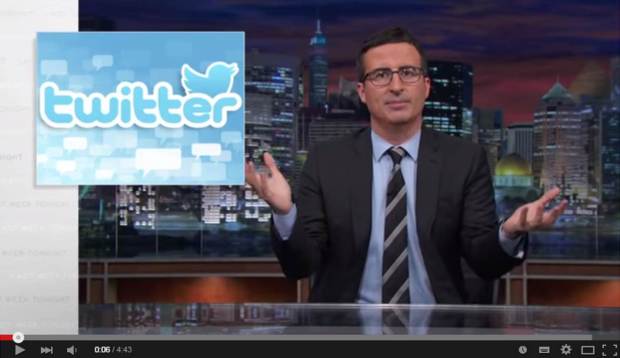Topic 4: Social Media, Businesses and Ethics
Social media is a great tool for businesses. Not only can they communicate with customers on an accessible (and increasingly popular) platform, but they can promote products and services to a massive audience – Twitter alone has over 270 million active users.[1]
When it comes to advertising, Twitter is also key to a successful campaign. There’s now even the term ‘reactervising’: when businesses react to live events with adverts. A famous example of this was the Super Bowl blackout. You can read more about that here. [2]
But when does advertising on social media become unethical? When does ‘hijacking’ of hashtags go wrong?
Though I won’t be focusing on privacy in this post, this also raises the question of whether advertising on social media is ever ethical (specifically with regards to targeted advertisements). If you’re interested in digital privacy, watch this TED Talk.
This week, I looked to see which companies would ‘hijack’ the #eclipse2015 on Twitter to promote their brand, rather than contribute to the discussion of the eclipse. Below is a handful that stood out (with BMW’s perhaps being the least subtle).
#Eclipse2015
Persil:
Kopparberg UK:
BMW:
Oreo Cookie, however, launched their own hashtag: #oreoeclipse. This was also successful, and arguably more ‘ethical’ since it didn’t ‘piggyback’ an existing hashtag trend:
Though the above examples are not offensive, John Oliver collects a number of inappropriate and unethical uses of corporations ‘hijacking’ hashtags. In fact, he argues that corporations on Twitter are entirely inappropriate, comparing them to uninvited guests at a cocktail party. This raises an interesting point on whether businesses abuse Twitter’s status as ‘a platform of communication’.[3]
John Oliver shames corporations for their unethical approach to meaningful hashtags. However, a recent BBC podcast argues big corporations ‘can’t feel guilt’ when they publicly shamed online. Instead, they have a ‘soft underbelly’ to shame, purely because they care about their ‘reputation’. [4] This makes them different to individuals like Jamie Stone, who as a result of being publicly shamed online became ‘racked by PTSD, depression and insomnia’.[5]
Twitter has ‘given a megaphone to people who enjoy shouting’ [3] but this megaphone has also been given to businesses and corporations, who don’t feel the same effects of shame. It would be harmful for businesses to avoid social media altogether, as I explained in the introduction, but they tread a thin line between ethical and unethical when hijacking hashtags.
[1] Team Caffeine, ’10 Remarkable Twitter Statistics for 2015′, http://lorirtaylor.com/twitter-statistics-2015/
[2] Nat Ives and Rupal Parekh, ‘Marketers Jump on Super Bowl Blackout with Real-Time Twitter Campaigns’, http://adage.com/article/special-report-super-bowl/marketers-jump-super-bowl-blackout-twitter/239575/
[3] ‘Twitter Abuse: Easy on the Messenger’, http://www.theguardian.com/commentisfree/2014/jan/24/twitter-abuse-abusive-tweets-editorial?CMP=twt_gu
[4] ‘Shame with Jon Ronson’, BBC, http://t.co/CExQzd2BOI
[5] Jon Ronson, ‘How One Stupid Tweet Blew Up Justine Sacco’s Life’, http://www.nytimes.com/2015/02/15/magazine/how-one-stupid-tweet-ruined-justine-saccos-life.html
[383 words, excluding quotes and references]

